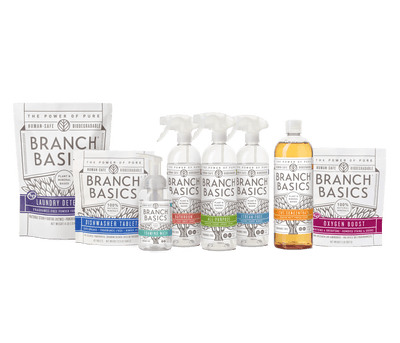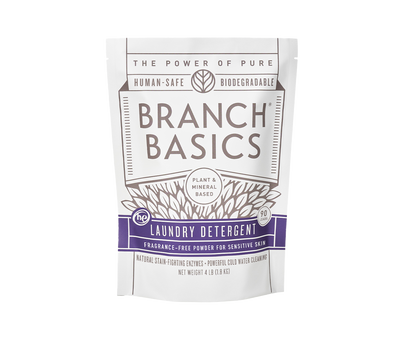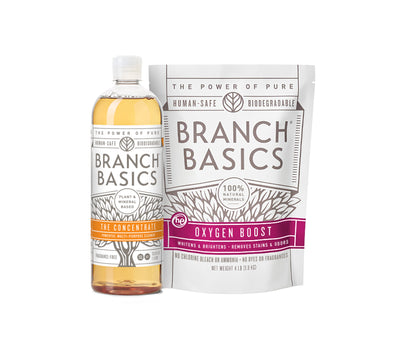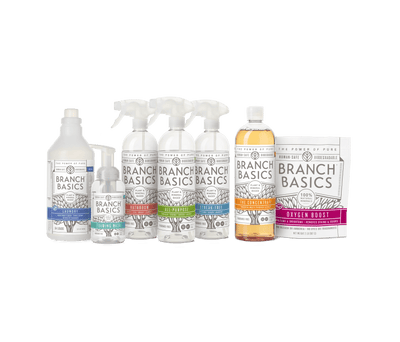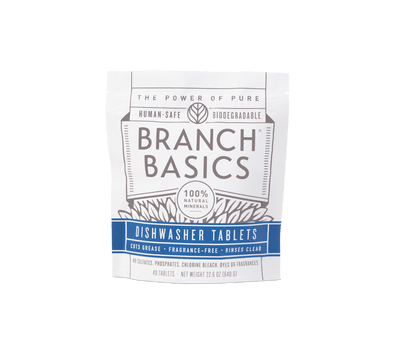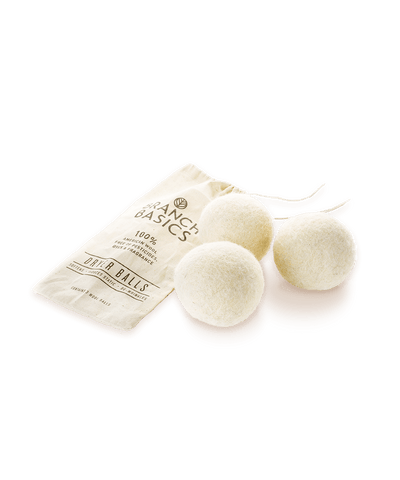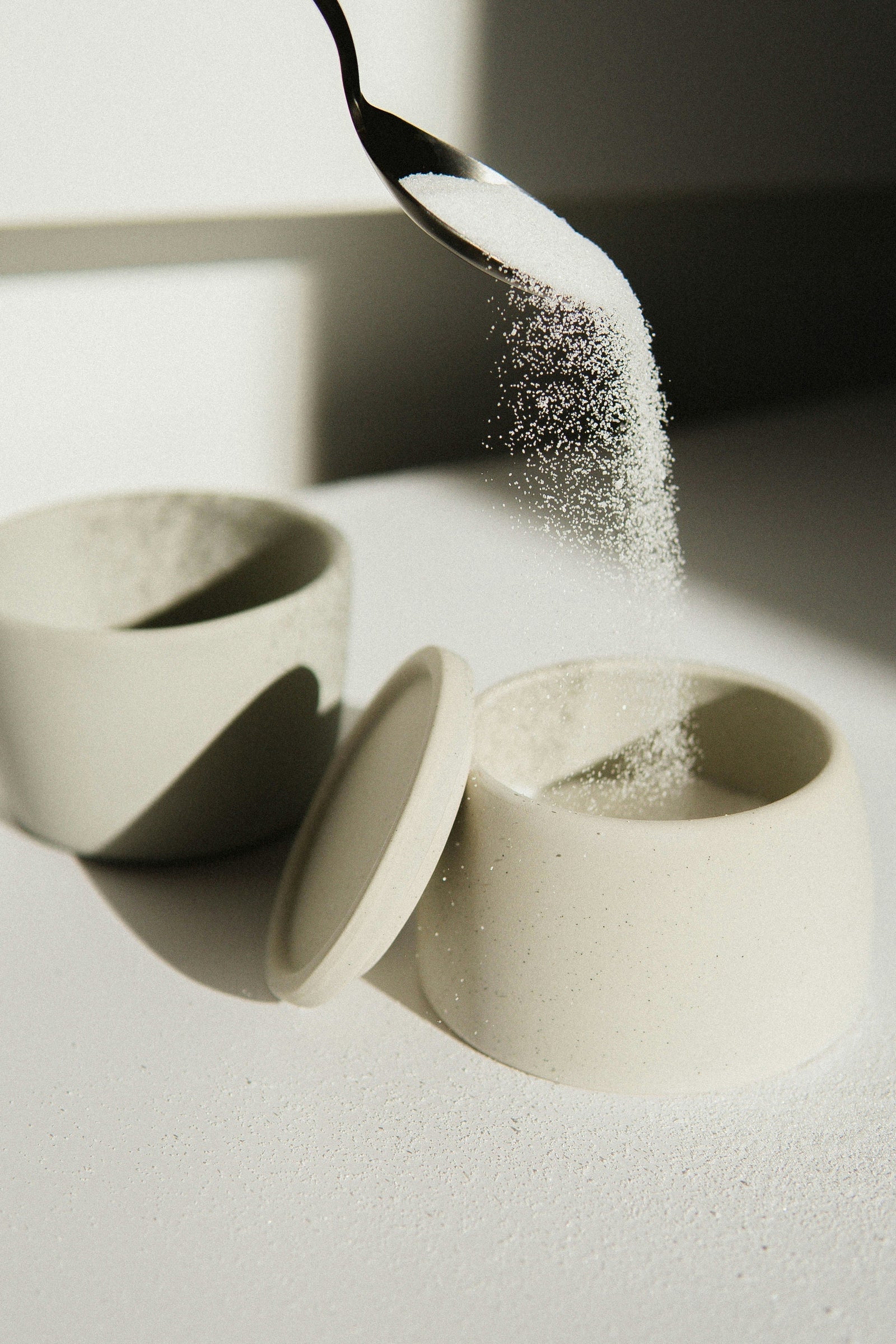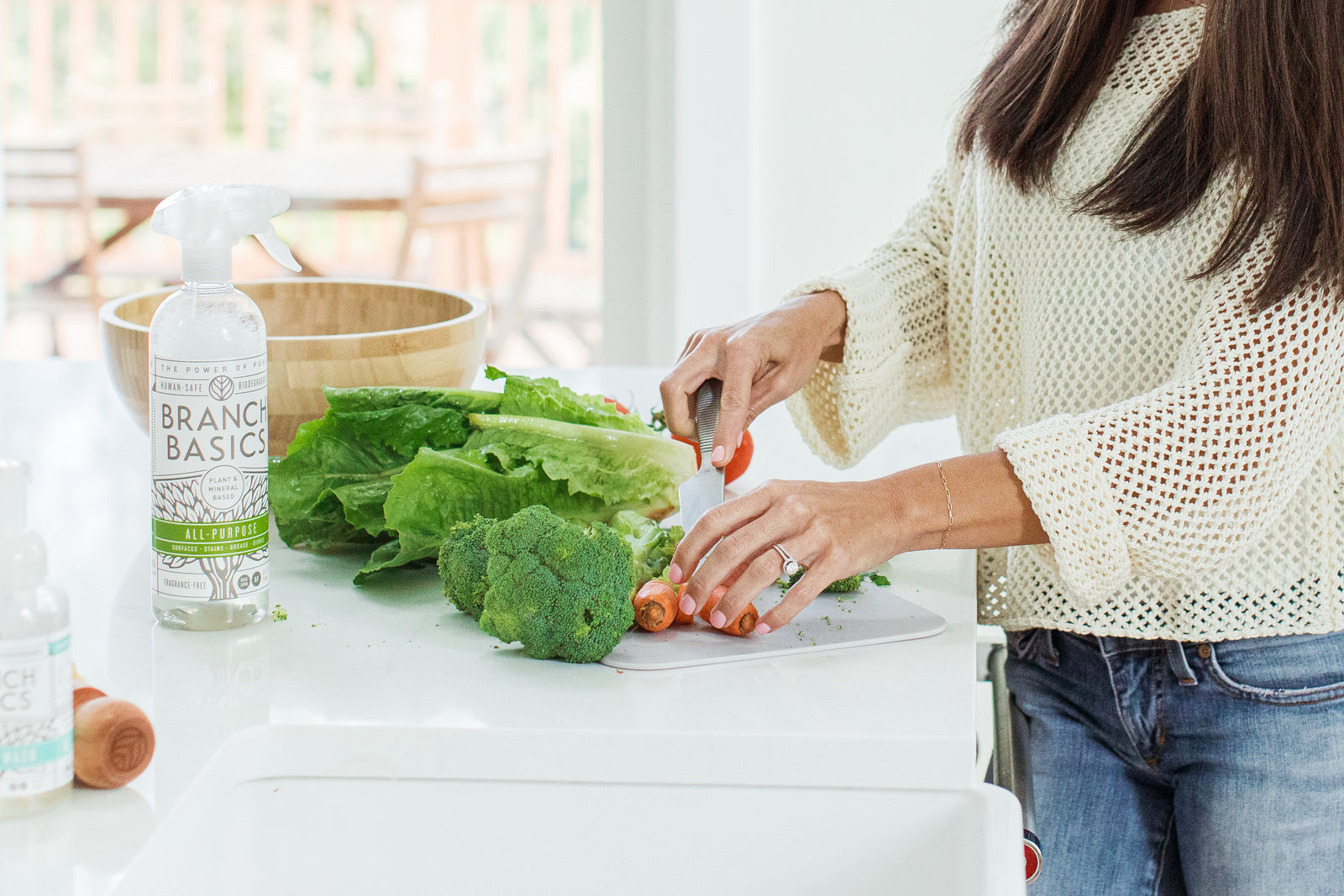The Importance of Stomach Acid & How to Support Healthy HCL Levels

When it comes to digestion, stomach acid (hydrochloric acid or HCL) plays a vital role in breaking down food, absorbing nutrients, and protecting the body from harmful bacteria. However, many people suffer from low stomach acid without realizing it, leading to digestive discomfort, nutrient deficiencies, and other health issues.
In this article, we’ll explore why stomach acid is essential, how to recognize low HCL levels, and simple, natural ways to restore balance for better digestion and overall health.
Why Stomach Acid Matters
Stomach acid does more than just help with digestion—it’s a key player in overall health. Here’s why it’s so important:
-
Breaks down proteins efficiently – HCL activates pepsin, an enzyme that digests protein, ensuring your body gets the amino acids it needs.
-
Enhances nutrient absorption – Without enough stomach acid, you may struggle to absorb essential nutrients like vitamin B12, iron, calcium, and zinc.
-
Protects against harmful bacteria – The acidic environment of the stomach helps kill pathogens, reducing the risk of infections and maintaining a balanced gut microbiome.
-
Triggers digestive enzymes & bile flow – Healthy stomach acid levels signal other digestive processes to work properly, ensuring smooth digestion and nutrient absorption.
Signs of Low Stomach Acid (Hypochlorhydria)
Many people mistake symptoms of low stomach acid for high stomach acid, leading them to take antacids, which can actually worsen the problem. If you have low HCL, you may experience:
-
Bloating, gas, or burping after meals
-
Heartburn or acid reflux (caused by undigested food fermenting in the stomach)
-
Feeling overly full after eating small amounts
-
Undigested food in your stool
-
Nutrient deficiencies (especially B12, iron, and zinc)
-
Brittle nails, hair loss, or skin issues
-
Frequent infections or imbalanced gut bacteria
-
Chronic fatigue or low energy
Common Causes of Low Stomach Acid
Several factors can contribute to low HCL levels, including:
-
Aging – Stomach acid naturally declines as we get older.
-
Chronic stress – When the body is in "fight or flight" mode, digestion takes a backseat, leading to lower acid production.
-
Poor diet & processed foods – Nutrient-poor foods fail to stimulate stomach acid production.
-
Overuse of antacids & PPIs – Acid-blocking medications can lower HCL levels over time.
-
H. Pylori infection – This common bacterial infection is linked to reduced stomach acid and digestive discomfort.
-
Nutrient deficiencies – Zinc, B vitamins, and amino acids are essential for stomach acid production.
How to Naturally Support Healthy HCL Levels
If you suspect low stomach acid, the good news is there are simple, natural ways to improve digestion and restore balance! Here are the most common:
1. Drink Apple Cider Vinegar or Lemon Water Before Meals
A tablespoon of raw apple cider vinegar (diluted in water) or fresh lemon juice in water before eating can help stimulate stomach acid production.
2. Use Digestive Bitters
Digestive bitters, which contain bitter herbs like gentian and dandelion root, naturally encourage the production of stomach acid and digestive enzymes.
3. Incorporate Betaine HCL Supplements
Taking Betaine HCL with meals (especially those high in protein) can support digestion. Start with a low dose and increase gradually under the guidance of a practitioner.
4. Eat Nutrient-Dense, Whole Foods
Foods rich in zinc, B vitamins, and amino acids help support stomach acid production. Focus on grass-fed meats, bone broth, seafood, and fermented foods.
5. Chew Your Food Thoroughly
Digestion starts in the mouth! Taking time to chew properly signals the stomach to release digestive enzymes and stomach acid.
6. Avoid Overeating Processed Foods & Sugar
Highly processed foods and excess sugar can disrupt digestion and contribute to poor stomach acid production.
7. Limit Water Intake During Meals
Too much liquid during meals can dilute stomach acid, making digestion less effective. Try drinking most of your fluids between meals.
8. Reduce Stress Before Eating
High stress levels suppress stomach acid production. Try deep breathing, a short walk, or even just taking a few moments to relax before meals.
9. Eat Smaller, Balanced Meals
Large meals can overwhelm your digestive system. Eating smaller, well-balanced meals with quality protein, fiber, and healthy fats can help ease digestion.
10. Try Fermented Foods
Fermented foods like sauerkraut, kimchi, kefir, and yogurt contain probiotics that support gut health and digestion.
The Bottom Line
Stomach acid is a crucial component of healthy digestion, helping to break down food, absorb nutrients, and protect against harmful bacteria. Unfortunately, many people suffer from low stomach acid without realizing it, leading to bloating, nutrient deficiencies, and digestive discomfort.
If you experience signs of low stomach acid, making simple lifestyle changes—like incorporating apple cider vinegar, eating nutrient-rich whole foods, managing stress, and using digestive bitters—can make a big difference!
By supporting healthy HCL levels, you can optimize digestion, boost nutrient absorption, and improve overall well-being.
For more tips on gut health all things wellness, explore the Branch Basics blog.
Categories

Marilee Nelson
Marilee Nelson is an Environmental Toxins expert who has spent nearly 30 years advocating for the chemically-sensitive and chronically-ill. She is a Board Certified Nutritionist, Certified Bau-Biologist and Bau-Biology Inspector and specializes in Food As Medicine. She has helped thousands of families and individuals identify, heal and recover from toxic exposures and is on a mission to revolutionize the way American families view their health.
